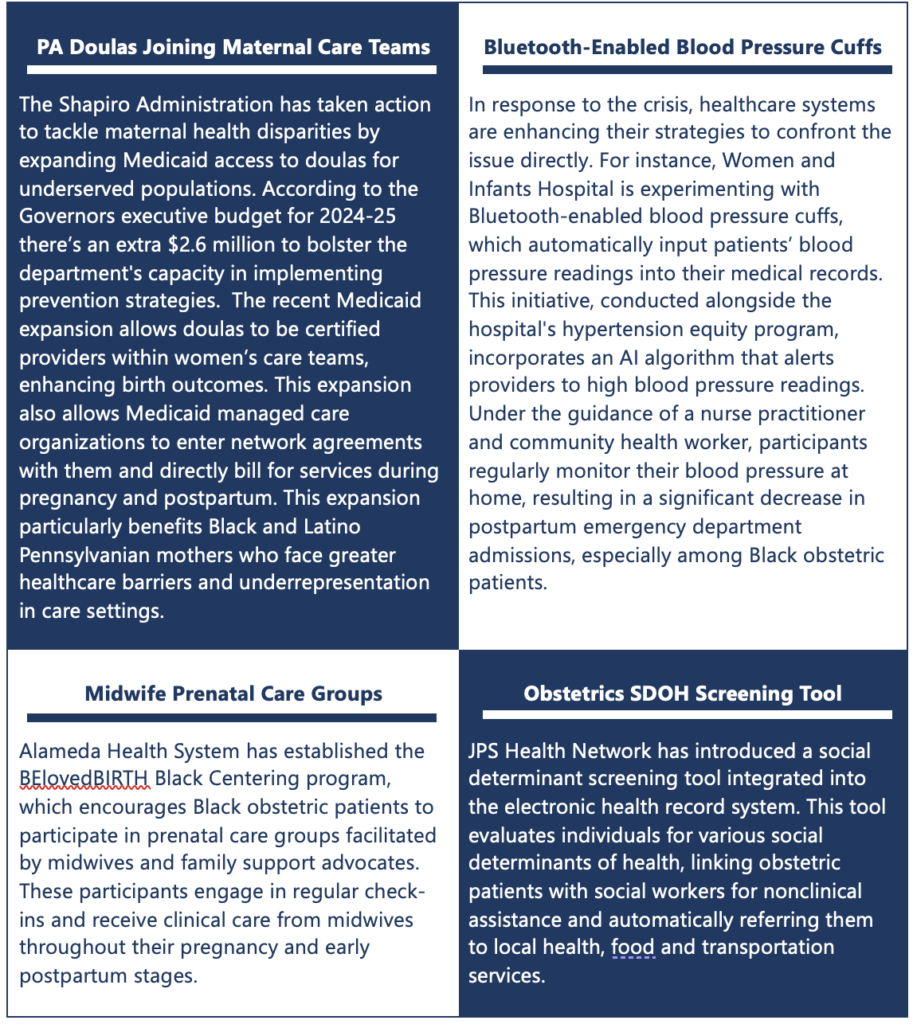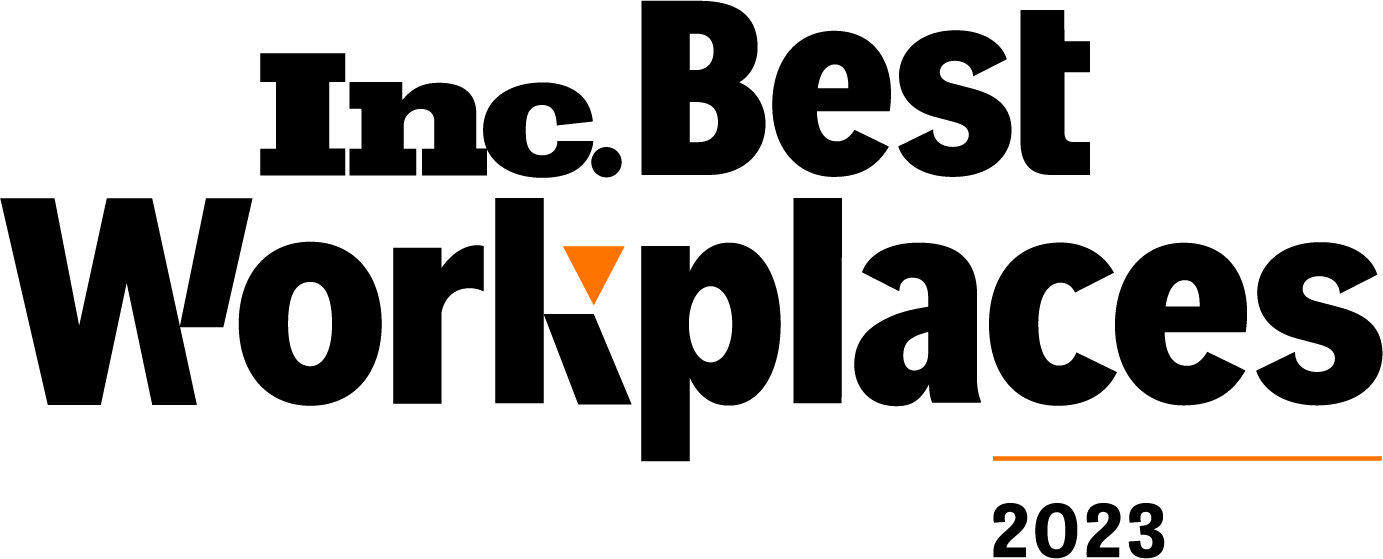Innovative Solutions to Drive Change in Maternal Health Outcomes Among Black Mothers
Let’s have a conversation
In a nation where the joy of childbirth should be universally celebrated, the harsh reality persists as maternal mortality rates continue to rise and disproportionately impact black women. The Centers for Disease Control and Prevention (CDC) reported 32.9 deaths per 100,000 live births in 2021, highlighting a concerning trend from 20.1 in 2019 and 23.8 in 2020. This disparity underscores systemic healthcare inequalities. However, amidst these challenges, hope emerges with a transformative initiative led by the Centers for Medicare and Medicaid Services (CMS).
As per a report from Modern Healthcare, CMS introduced a pioneering initiative in 2023 allocating $17 million over a decade to reshape maternal healthcare, covering both physical childbirth aspects and mental and social needs. With Medicaid funding 40% of childbirths nationally, these grants have transformative potential. The initiative aims to revolutionize maternal care by promoting collaboration among healthcare providers and increasing access to complementary services like midwives and doulas. Particularly focused on underserved rural and low-income communities, it aims to establish birth centers and minimize unnecessary cesarean sections.
Critical to this endeavor is the integration of screening programs for Social Determinants of Health, nutrition, housing, substance use and the facilitation of connections to community-based resources. States accepting CMS funds are mandated to develop health equity plans and extend Medicaid coverage for a full year postpartum, recognizing the significance of continued care beyond childbirth.
Strategies to Improve Maternal Health Equity

Navigating the complexities of systemic change is crucial as the United States grapples with a concerning increase in maternal mortality rates, particularly affecting black women. CMS's Medicaid maternal health grants mark a pivotal step towards achieving equity in maternal care. However, sustained efforts, driven by a commitment to justice and inclusivity, are essential to ensure every mother receives the care and support she deserves, regardless of race or socioeconomic status.
At ProspHire, we specialize in driving impactful change across healthcare. Our teams closely monitor the Medicaid landscape, shaping quality enhancements and financial progress. With our deep industry expertise and focus on building crucial connections with underserved populations, we are positioned at the forefront of the field. As you explore avenues to integrate maternal health care and SDOH management, connect with us.
References:
- https://www.modernhealthcare.com/medicaid/hhs-medicaid-maternal-health-model-maternal-morbidity
- https://www.modernhealthcare.com/safety-quality/black-maternal-mortality-rates-solutions-belovedbirth-black-centering?utm_source=modern-healthcare-alert&utm_medium=email&utm_campaign=20240226&utm_content=hero-headline
- https://www.modernhealthcare.com/safety-quality/cms-birthing-friendly-hospital-designation-will-debut-2023
- Shapiro Administration Announces Expansion of Access to Doulas Through Change in Medicaid, Highlights Budget Investments to Improve Maternal Health
- 2024-25 Budget in Brief v.1 wCovers.pdf (pa.gov)
ProspHire
216 Blvd of the Allies, Sixth Floor
Pittsburgh, PA 15222
412.391.1100
[email protected]
Quick Links
© 2024 ProspHire, LLC. All Rights Reserved / Terms of Use / Privacy Policy









